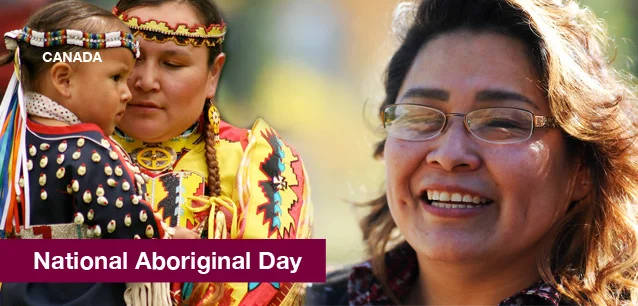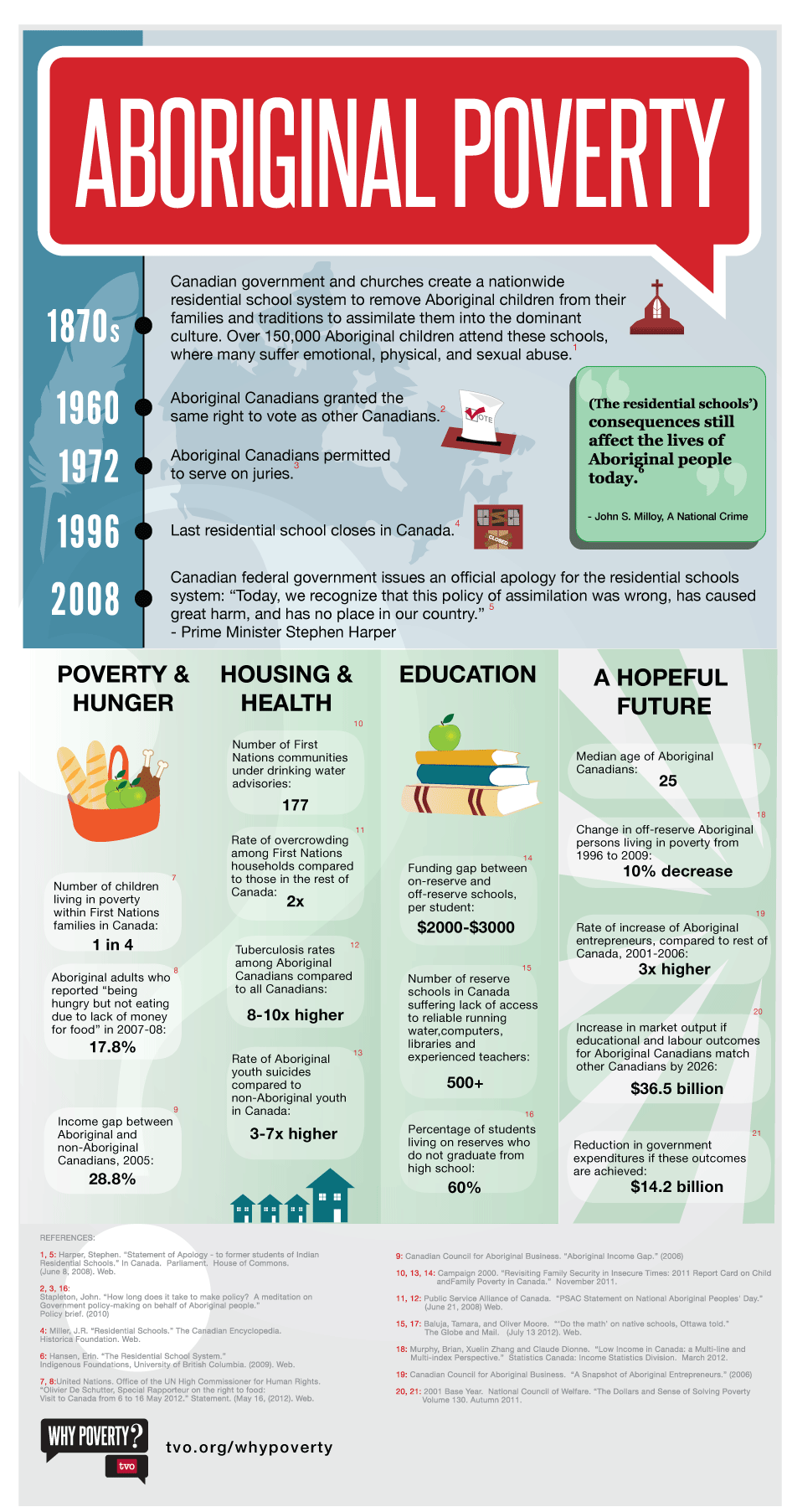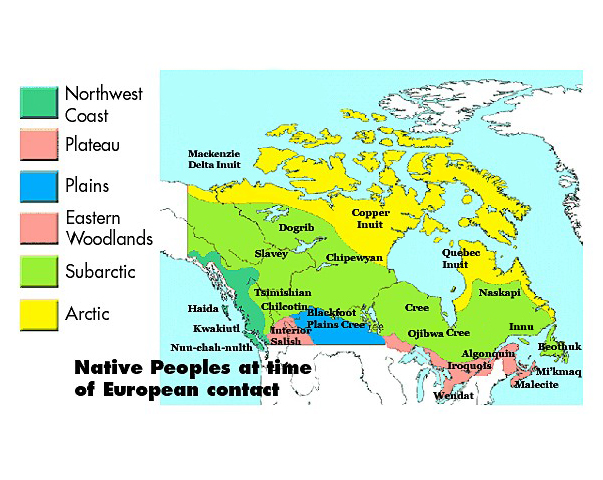 AD
AD
Today is: November 06
Scroll to explore events active on this date.
LEEP INK FEATURES

August is Appropos
A toddler playing in the fountain at a park in Santa Fe, New Mexico—Photo LD Lewis. In August, we live through the Dog Days of Summer. It's hot and often humid, and those ...

September is Sassy
Can you hear that sigh of relief from parents worldwide? Yes! September marks the return of students to school, a global phenomenon. Preparations for the ACT and SATs begin earnestly for ...

OOH LA LA, October
October is the busiest month for events, with 5% more happening than in May, the second most eventful month. Sailing enthusiasts will be glued to the finals of this year's Am...
About National Aboriginal Day in Canada
Politics , Civil Rights
Canada
Ends: Jun 21, 2024
DESCRIPTION:
The growing movement for Aboriginal rights in Canadian led to calls for greater recognition of the contributions of Aboriginal peoples to Canadian society.
Shortly after the adoption of the Canadian Charter of Rights and Freedoms in 1982, the National Indian Brotherhood, the leading body representing First Nations in Canada, called for the creation of a yearly "National Aboriginal Solidarity Day" on June 21.
Pressure for a national day of recognition continued to grow during the following decade as new ways were sought to bridge the divide between Aboriginal peoples and Canadians, especially in the wake of the 1990 Oka Crisis. In 1995, the Royal Commission on Aboriginal Peoples recommended a "National First Peoples Day" to focus on Aboriginal peoples' history, achievements, and contributions in Canada. Later that year, during the Sacred Assembly, Elijah Harper repeated the call for a national holiday to celebrate the contributions of Aboriginal peoples was made.
On June 13, 1996, after considerable consultation with Aboriginal organizations, June 21 was officially declared National Aboriginal Day.
VIDEOS
SUPPORTING DOCUMENTS
ADDITIONAL IMAGES
Where would you like to go now?
 AD
AD






/footer-logo.svg)
